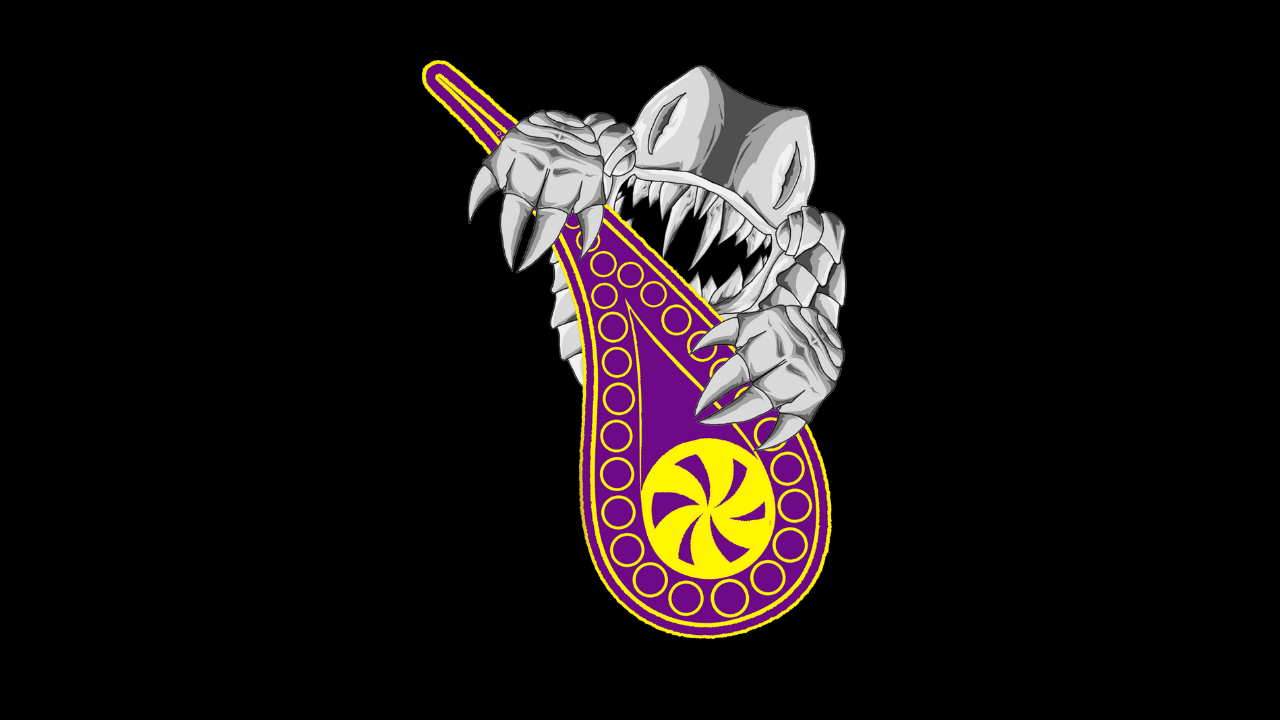Underwood Weavers/Underwood Mills Paisley
- Gavin Divers
- Apr 7, 2024
- 4 min read
Updated: Apr 17, 2024
Event ID 700475
Category Descriptive Accounts
Type Archaeology Notes
NS46SE 63 477 641
(Location cited as NS 478 642). Founded in the 1780's and rebuilt in the 1860's as a thread mill. The main building is a 3-storey-and-attic, 3-by-14-bay structure, with 7- and 8-bay blocks of north-light weaving sheds at the rear. Other three-storey parts were destroyed by fire in 1971. Now a wool store, after a period as the Arrol-Johnson motor-car factory.
J R Hume 1976.
In 1799 Underwood mill bought the first James Watt steam engine in Scotland. From this point onwards, water power became less important, as steam-powered cotton mills could be built on any street corner.
Whilst it was indeed a mill it was not a thread mill but a weaving mill, weaving mostly tartans. There was not a fire in the 1970's as the building was demolished circa 1954. I have photographs to prove it. I should know as I was born in the mill house in 1944 and lived there until it closed in 1952. It was never a wool store.
Kerr & Co Ltd, cotton manufacturers and selling agents, Paisley, Renfrewshire, Scotland, was incorporated with limited liability on 10 April 1888, with their registered office at Underwood Mills, Paisley. The capital of the company was £250,000. In July 1895, J & P Coats Ltd, thread manufacturers, Paisley, agreed to buy, as a going concern, the company's business. In 1908, the company converted to a private company. In 1950, Machine Cottons Ltd, thread distributors, Glasgow, Scotland, were given power of attorney to deal with all matters concerning trade marks in Brazil. In 1951 and 1954 the company sold to J & P Coats Ltd, as a going concern, their business in the UK and all other parts of the world. Kerr & Co Ltd also appear to be selling agents for other business, for example in Australia and New Zealand, though they used selling agents themselves, for example La Plata Reel Cotton Co Ltd, selling agents, Glasgow, in Paraguay. The records in 1892 mention a strained relationship with The Central Agency, (later The Central Agency Ltd) selling agents for J & P Coats Ltd, Glasgow, possibly due to competition. A manufacturing agreement was entered into in 1934 between the company and United Thread Mills Ltd, thread manufacturers, Glasgow. In 1936, a contract was entered into with Romanofir SAR, thread manufacturers and spinners, Romania, whereby the company supplied complete working drawings for the election of buildings and purchased and supervised the erection of plant and machinery in Romania. In 1940, J & P Coats Ltd was appointed as the company's agent for trade mark purposes. In 2002, Kerr & Co Ltd was still active, with their base at Wellington Street, Glasgow, though the company was dissolved in 2007 after a period of lying dormant.
Table 1: Some Centralised Weaving ‘Manufactories’:
Date*
Factory
1738 - Kerr & Pollok, Shuttle Street, Paisley
1739 - Kilbarchan Linen Factory (1739)
1740 - Lochwinnoch Factory (1740)
1745 - Cumberland Manufactory, St. Mirren Wynd, Paisley (1745)
1749 - Paisley Stocking Factory, Sneddon (1749)
1755 - Kerr, Moody and Co., Paisley (1755)
1767 - Orchard Weaving Factory, Paisley (1767)
* Earliest known date
In 1782 a mule mill was built in Abbey Street, Paisley. Larger enterprises followed, such as the mills of David Findlay and Alexander Pollok, with at least twenty mule jennies, or around 3,000 spindles. From 1790 mules began to be powered and the mills continued to grow. Underwood mill was initially powered by more than 100 mill drivers turning cranks, working in shifts. Within two years manpower had been changed to horsepower. A return water engine was then installed, with a Savery steam engine. Thispumped water in an endless cycle back over a water wheel.
Finally in 1798 a fourth power source was employed, when Underwood ordered the first Boulton and Watt rotary steam engine for a cotton mill in Scotland. Other big urban mills followed in Paisley, including St. Mirren and Adelphi

For about six years little was heard of the union; but fresh misunderstandings arose between the employers and employed in 1816, and between that year and 1824 serious outrages were perpetrated. Several obnoxious employers were shot at, and their mills were set on fire; while some of the men who disregarded the dictates of the union were shot, and others were shockingly injured by having vitriol thrown upon them. In December 1820 an attempt was made to shoot Mr Orr, manager of the Underwood cotton mill at Paisley, on the night before his marriage. In August of the same year a workman named Fisher, who had a large family dependent on him, was shot at when in bed. He was again shot at next month, and in November he was waylaid while going to his work, and a quantity of vitriol was thrown on his face and breast, which burned him dreadfully. As soon as he recovered he resumed work, but the unionists seemed determined to stop his career, and he was shot at a third time, fortunately without receiving injury. Several men were wounded by pistol shots. In 1823 a conspiracy to assassinate one mill-owner and five spinning-masters was discovered in Glasgow. Threatening letters of the most diabolical kind were sent out in great numbers.





Comments